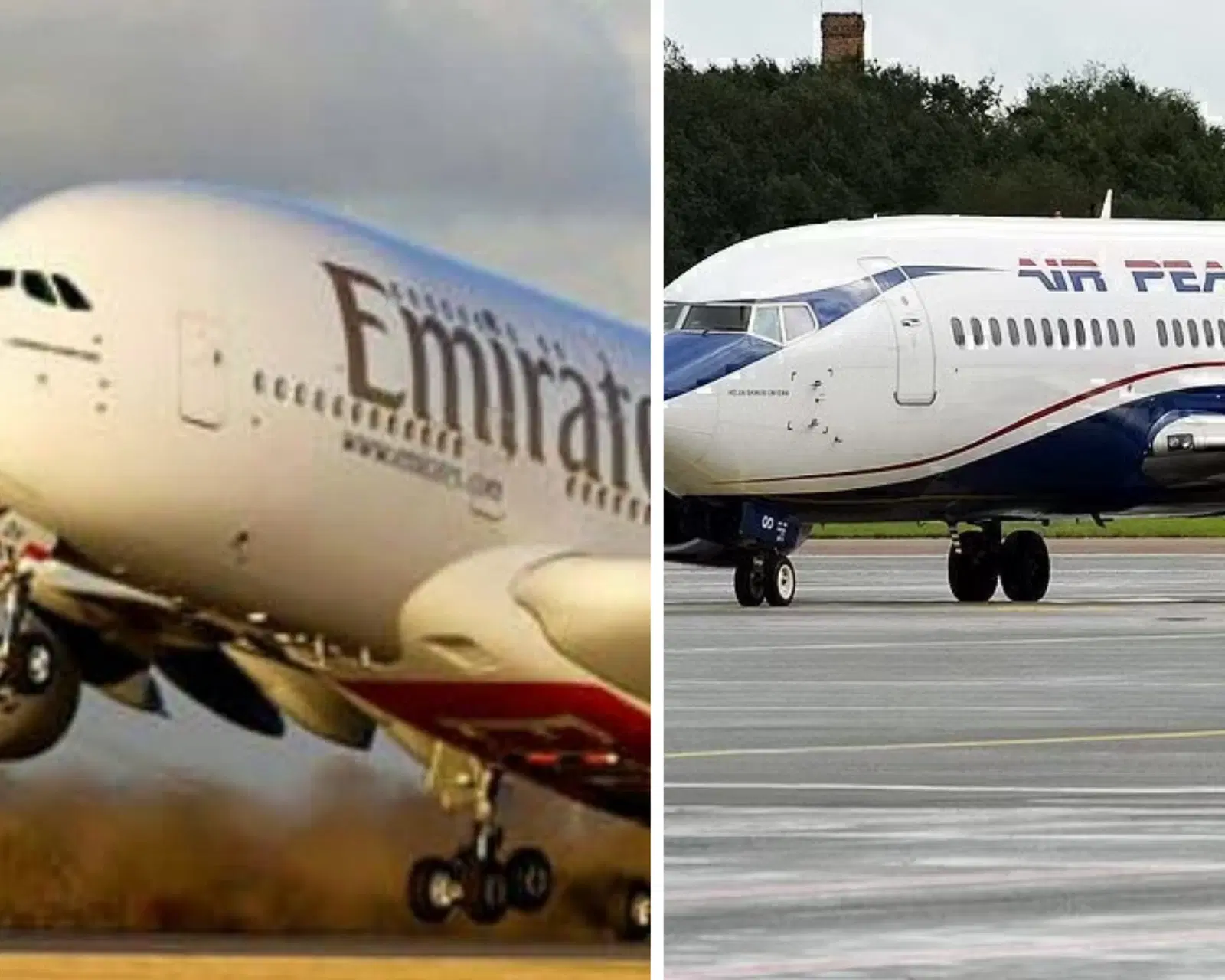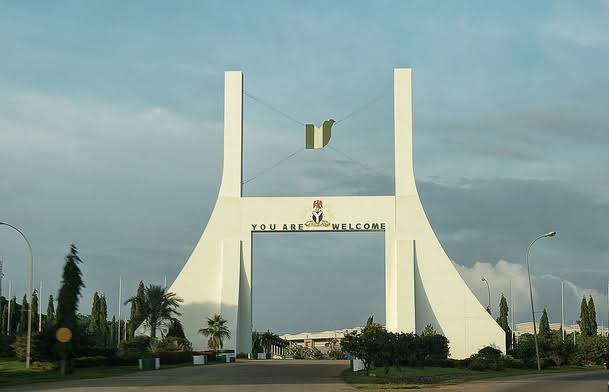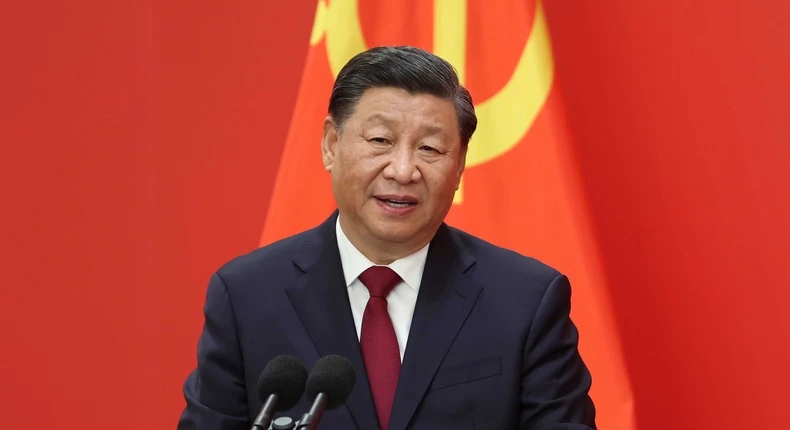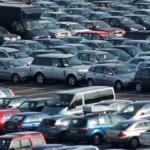Barge operators in the nation’s maritime sector have said that 80 per cent of the barges on the Nigerian waters are locally made, noting that the players are already operating according to international standards.
The National President of BOAN, Olubunmi Olumekun, said this in an exclusive interview with our correspondent in Lagos on Sunday.
He explained that the group had a specimen for the construction of barges as set by the regulatory agencies such as the Nigerian Maritime Administration and Safety Agency, Nigerian Ports Authority and the National Inland Waterways Authority.
“We are already working at the international standards. We are on it because most of these barges were certified after construction. At least 80 per cent of the barges were constructed here. They were locally made and we have a specimen and a standard for that which we follow. So, you can see that we are operating according to standards, except for those who are not registered. It is part of our registration that before you can be a barge operator, your barge must meet the standards that were set by NIMASA, NIWA and NPA.”
Olumekun stated that the group wanted to prioritise made-in-Nigeria goods in order to create more local content, adding that the group needed loans to be able to upgrade to automated barges.
“So, it is an ongoing thing that is even our priority because safety is the best and is the first thing that we consider. We need local content, we need to patronize made-in- Nigeria products, we need to build our vessels, our barges and our tug boats ourselves. We have a whole lot of good engineers in Nigeria that can do that. What we are trying to do with them is to see how we can improve on what we have. We need loans so that we can have better and sophisticated barges.”
“We want the one that is self-propelled because we are not looking only at containers. We want to go into oil and gas. Lekki Deep Seaport is coming up and we need the one that can go to sea, the one that is sea-worthy. We have different categories of barges; we have the one that can go to sea, but it is not all barges that can go to sea. So, we need to have the one that can go inside the sea and stand the test of the oceans. All these things are what we want to corroborate with the agencies so that we can get these things right.”
On the cost of getting a barge, the BOAN president said, “Before now, when we started around 1970 to 1980, the cost of building a barge was, let’s say, N75 million for 1000 to 1500 tons. But now, the prices of iron have gone up, so we are looking at between N120 million and N150million just for one 1500-ton barge. So far, barges are coming up every day, and every month we see at least one or two new barges coming up.”
He noted that because the number of international cargoes had dropped, foreigners were taking over their jobs.
Olumekum, however, expressed hope that businesses would gradually pick up.
“We cannot rule out that foreigners are taking over the business because we find out that internationally, cargoes have dropped, so it is going to affect every sector. It is going to affect every sector, even the roads. As you can see, the queue is no longer the way it used to be. But gradually, it is going down but our prayer is that something is going to pick up now that they are going to release the budget. So, we are hopeful that businesses are going to pick up.”
He said that the group was planning to go into exportation which, according to him, would be contributing hugely to the nation’s economy.
“We want to concentrate on the exports because we found out that is it only barging that can help improve the number of exports that we have. You find out that if you choose to go by roads, it is going to take between seven to eight days, but by barge, you are already in the port in a day. So, we want to concentrate more on exports. We are already on it, we are engaging the export segment of the Nigeria Customs Service to see how we can collaborate to improve all these things.”










